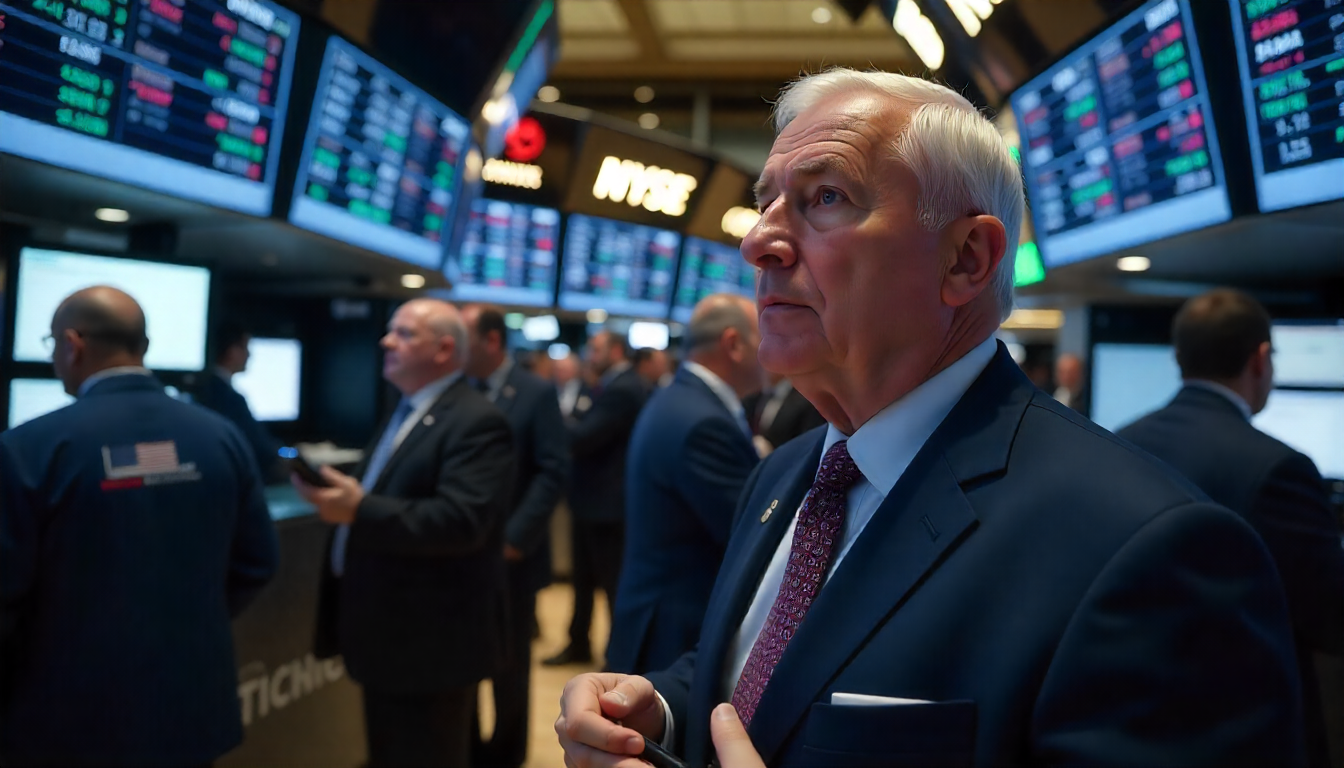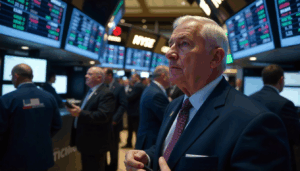Bitcoin and U.S. Stocks Reestablish Correlation, Van Straten Claims.
Bitcoin’s recent market performance has been impressive, but experts warn that its growing correlation with U.S. stocks could introduce short-term volatility.
Since Donald Trump’s election on November 5, Bitcoin (BTC) has seen an impressive 47% increase in value, far outpacing the S&P 500, which has only gained around 4%. Trump’s positive stance towards bitcoin and cryptocurrencies, along with the Republican dominance in both the Senate and the House, has contributed to a favorable outlook for the digital asset, particularly with potential crypto-friendly legislation expected to pass.
However, Andre Dragosch, Head of Research at Bitwise Europe, discussed factors that might explain the disparity between Bitcoin and traditional stocks in a recent interview with CoinDesk.
“The S&P 500 has been negatively affected by the Federal Reserve’s hawkish stance on interest rates,” Dragosch noted. “The Fed reduced its expected rate cuts for 2025 to just two, which is lower than both earlier projections and what traditional financial markets had expected.”
In addition, the U.S. Dollar Index (DXY), which tracks the dollar’s value against a range of other currencies, has risen by 5%, putting additional pressure on riskier assets, including Bitcoin. Despite these challenges, Dragosch highlighted that Bitcoin has remained resilient due to several factors, including the ongoing reduction in bitcoin supply available on exchanges. “Bitcoin exchange balances continue to fall, despite some profit-taking,” he added.
Recently, however, Bitcoin’s price movements have begun to closely mirror the performance of the S&P 500, with the correlation between the two reaching 0.88 over the past 20 days, according to TradingView data. While Dragosch anticipates that on-chain data will continue to support Bitcoin at least until mid-2025, he cautions that the broader economic environment could introduce risks for the cryptocurrency in the short term, especially considering its growing correlation with traditional stock markets.
Share this content:













